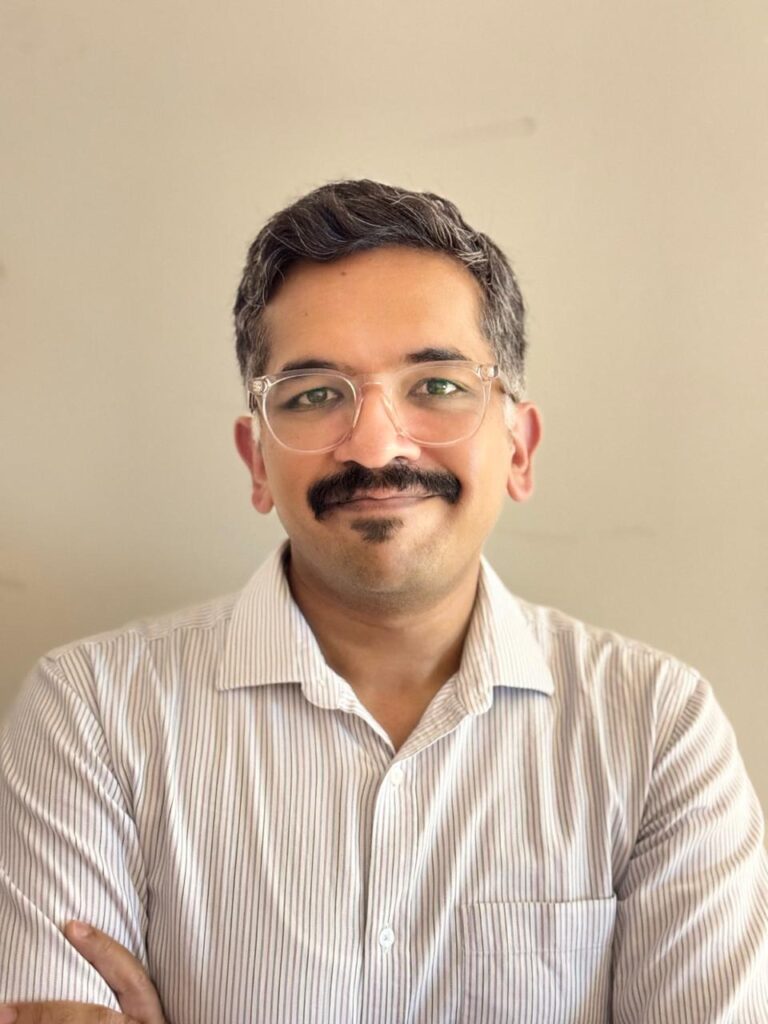By DR Narayana Subramaniam
Bengaluru March 25, 2025– The thyroid gland is a small, butterfly-shaped organ located at the front of the neck. It plays a crucial role in regulating metabolism, the cardiovascular system, the nervous system, and many other vital bodily functions. While thyroid disorders often involve decreased hormone production, the gland can also be affected by cancer. Dr Narayana Subramainam shares some important insights into the same.
How Common Is Thyroid Cancer and Who Is at Risk?
Thyroid cancer is more common in women. In India, it affects approximately 3-4 women per 1 lakh population and 1 man per 1 lakh population. Although it can occur at any age—from children to the elderly—most cases are diagnosed in individuals aged 30 to 50 years.
There are four major types of thyroid cancer, with papillary carcinoma being the most common. Fortunately, it typically responds well to treatment, and most patients go on to lead normal, healthy lives.
What Are the Signs of Thyroid Cancer?
Thyroid cancer often causes mild or no symptoms. However, possible signs include:
- A lump in the front of the neck that moves when swallowing.
- Voice changes or hoarseness.
- Discomfort or difficulty swallowing.
- Swelling or lumps on the side of the neck (due to lymph node involvement).
- Occasionally, it is incidentally detected during neck scans done for other reasons.
- Rarely, thyroid cancer may present as a rapidly growing, painful neck mass with swallowing or breathing difficulties.
How Is It Diagnosed? Should You Get Screened?
Thyroid cancer is usually diagnosed through:
- Ultrasound scanning of the neck.
- Fine needle aspiration cytology (FNAC) – a needle test used to confirm the diagnosis.
- CT or MRI scans may be necessary in advanced cases.
Routine screening is not required unless you have a family history of thyroid cancer. This is because many people have harmless, non-cancerous thyroid nodules that can lead to unnecessary tests, procedures, and anxiety when detected incidentally.
How Is It Treated?
Treatment typically involves:
- Surgery: Removal of the thyroid gland (thyroidectomy), sometimes along with affected lymph nodes.
- Radioiodine therapy: A nuclear medicine treatment that targets remaining or spread cancer cells.
- Radiotherapy or chemotherapy: Used in select cases, depending on the cancer type and stage.
Is It Curable?
Yes, thyroid cancer is often curable.
- Papillary thyroid cancer in younger patients (<55 years) has a nearly 100% survival rate at 5 years.
- Other types also have high survival rates, depending on the type, stage, and treatment.
- Even in advanced cases, survival is possible with early diagnosis and appropriate, specialized treatment.
Early detection and timely, expert care are key to maximizing outcomes. If you have concerns or symptoms, consult with a qualified specialist promptly.

